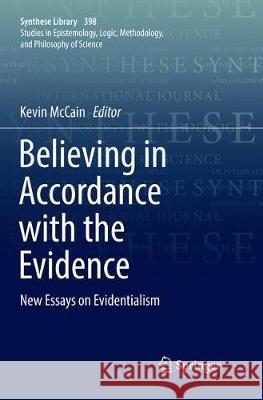Believing in Accordance with the Evidence: New Essays on Evidentialism » książka
topmenu
Believing in Accordance with the Evidence: New Essays on Evidentialism
ISBN-13: 9783030071233 / Angielski / Miękka / 2018 / 395 str.
Believing in Accordance with the Evidence: New Essays on Evidentialism
ISBN-13: 9783030071233 / Angielski / Miękka / 2018 / 395 str.
cena 403,47
(netto: 384,26 VAT: 5%)
Najniższa cena z 30 dni: 385,52
(netto: 384,26 VAT: 5%)
Najniższa cena z 30 dni: 385,52
Termin realizacji zamówienia:
ok. 22 dni roboczych
Bez gwarancji dostawy przed świętami
ok. 22 dni roboczych
Bez gwarancji dostawy przed świętami
Darmowa dostawa!
Kategorie BISAC:
Wydawca:
Springer
Seria wydawnicza:
Język:
Angielski
ISBN-13:
9783030071233
Rok wydania:
2018
Dostępne języki:
Numer serii:
000560157
Ilość stron:
395
Oprawa:
Miękka











